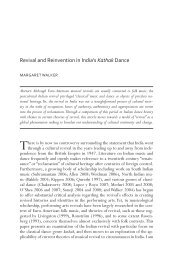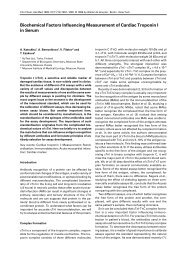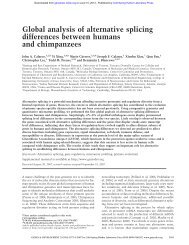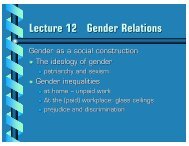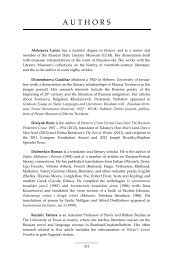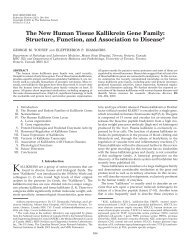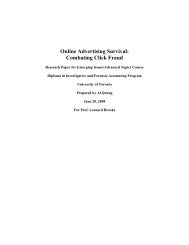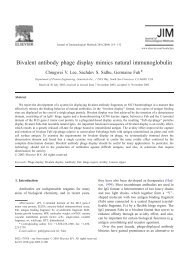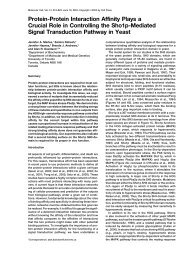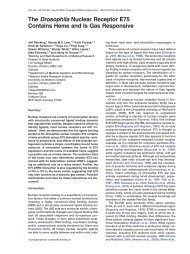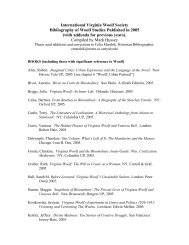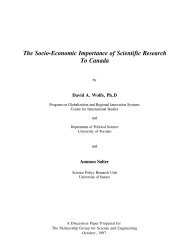Democratic Breakthroughs and Revolutions in Five Post-Communist ...
Democratic Breakthroughs and Revolutions in Five Post-Communist ...
Democratic Breakthroughs and Revolutions in Five Post-Communist ...
Create successful ePaper yourself
Turn your PDF publications into a flip-book with our unique Google optimized e-Paper software.
33been cleaned up. Freedom House’s 2006 Nation <strong>in</strong> Transit survey gives credit toGeorgia for enhanc<strong>in</strong>g local government capability, launch<strong>in</strong>g a struggle aga<strong>in</strong>stcorruption, <strong>and</strong> improv<strong>in</strong>g the protection of human rights. Freedom House registeredno change <strong>in</strong> Georgia’s election adm<strong>in</strong>istration, civil society, media <strong>and</strong> nationalgovernance. One reason that civil society activity had decl<strong>in</strong>ed follow<strong>in</strong>g the RoseRevolution is because ‘half’ of the civil society network, accord<strong>in</strong>g to Nodia, moved<strong>in</strong>to government. In Ukra<strong>in</strong>e, Freedom House registered a vastly improved mediaenvironment with the end<strong>in</strong>g of censorship, greater transparency <strong>in</strong> government <strong>and</strong>state activities <strong>and</strong> policies <strong>and</strong> a free election environment. Nevertheless, problemareas exist. Georgia lacks a strong opposition, partly because of the high sevenpercent threshold to enter parliament, <strong>and</strong> the judiciary is subject to political<strong>in</strong>terference. Political parties <strong>in</strong> Georgia <strong>and</strong> Ukra<strong>in</strong>e rema<strong>in</strong> weak <strong>and</strong> tied topersonality politics, rather than to ideologies. This is especially true on the radicalw<strong>in</strong>g of democratic oppositions that came to power <strong>in</strong> 2003-2004, Saakashvili <strong>and</strong>Tymoshenko.Democratisation has proceeded faster <strong>in</strong> post-communist states which have<strong>in</strong>troduced parliamentary systems, systems that are common place <strong>in</strong> central-easternEurope <strong>and</strong> the three Baltic states. Dur<strong>in</strong>g post-communist transitions, abuse of office,election fraud <strong>and</strong> corruption has tended to occur around the executive. Of the twelveCIS states, ten have super presidential systems with emasculated parliaments; theexceptions are a parliamentary-presidential system <strong>in</strong> Ukra<strong>in</strong>e <strong>and</strong> a fullyparliamentary system <strong>in</strong> Moldova. Alone among the three states which experienceddemocratic revolutions has been Georgia which moved to a superpresidential system amonth after Saakashvili’s election.



